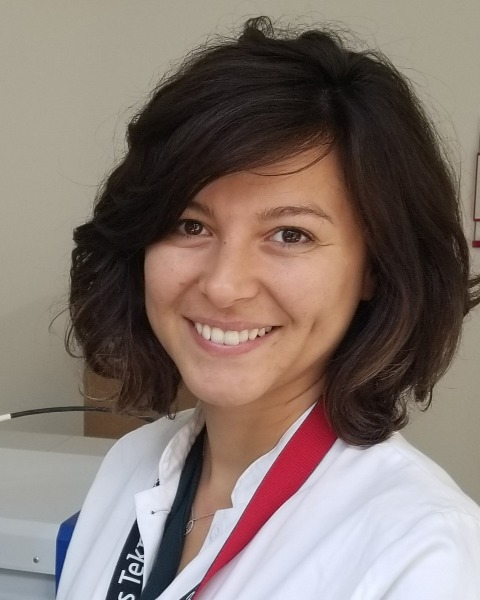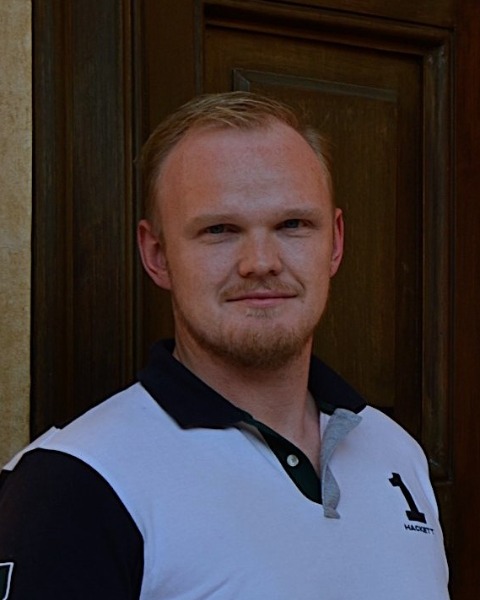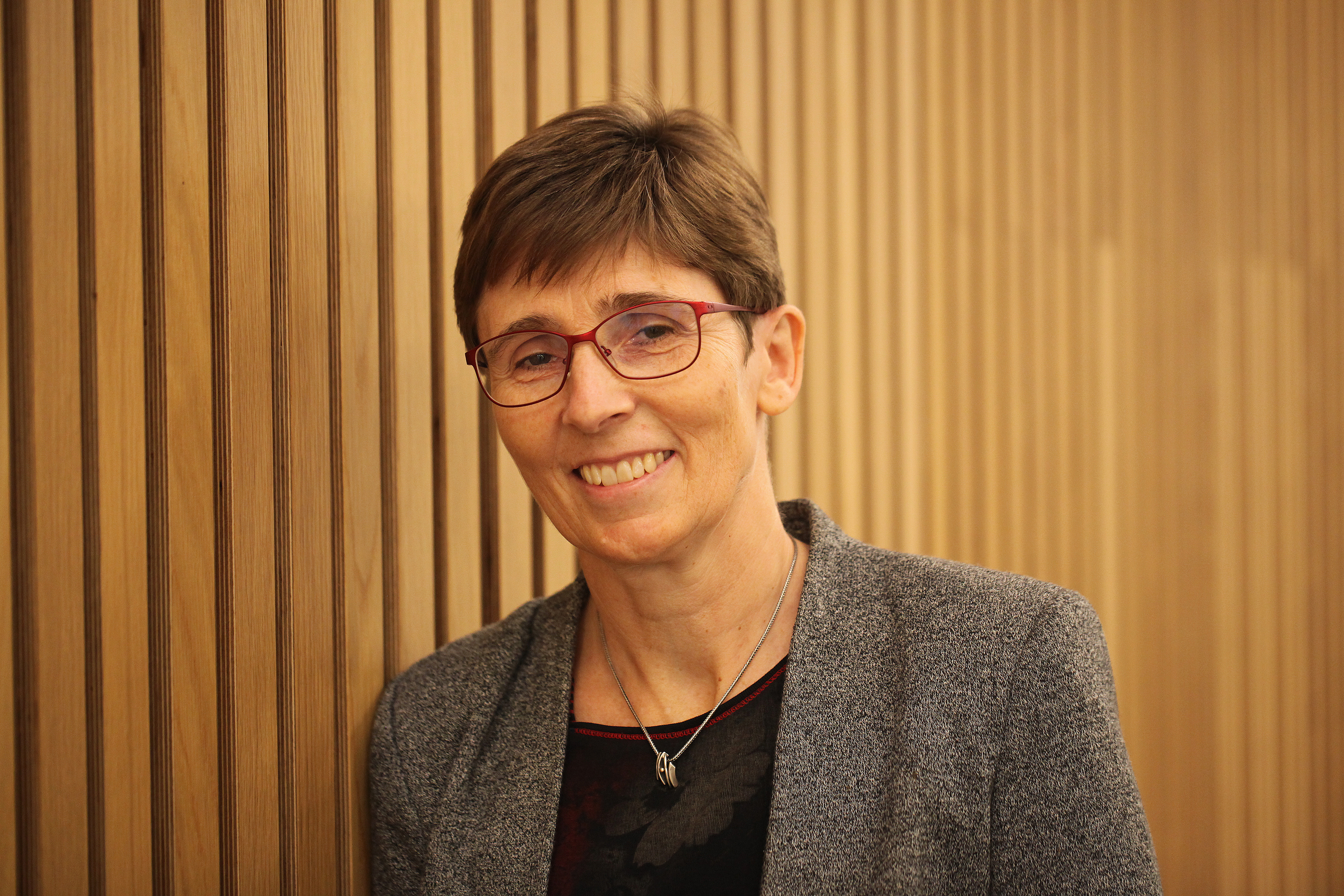2025 AOCS Annual Meeting & Expo.
Lipid Oxidation and Quality
Predictive Tools for Antioxidant Peptide Discovery: Potential and Challenges

Mads Bjørlie (he/him/his)
Postdoc
Technical University of Denmark
Kgs. Lyngby, Denmark
Betül Yesiltas Svensson, PhD
Senior Researcher
Technical University of Denmark
Kgs. Lyngby, Denmark
Rasmus Kranold K. Mikkelsen (he/him/his)
PhD student
Technical University of Denmark
Kongens Lyngby, Hovedstaden, Denmark
Simon Gregersen Echers, PhD
Assistant Professor
Aalborg University
Aalborg Øst, Nordjylland, Denmark
Charlotte M. Jacobsen, PhD
Professor
Technical University of Denmark
Kongens Lyngby, Hovedstaden, Denmark
Presenting Author(s)
Co-Author(s)
Artificial intelligence (AI) is increasingly employed in food research for process and product optimization, shelf-life prediction, flavor and texture modeling, and novel ingredient discovery. In parallel, peptides—either as purified compounds or within protein hydrolysates—have gained considerable interest for their potential as natural antioxidants. This presentation focuses on two algorithmic tools for identifying antioxidant peptides.
The first tool, AnOxPePred, is a machine learning model trained on a curated dataset of antioxidant and non-antioxidant peptides to predict radical-scavenging or metal-chelating activity. The second tool estimates metal-chelating activity of peptides based on Pearson’s Hard and Soft Acids and Bases theory.
Through a combination of our own experimental data and available literature, we will discuss both the potential of these tools for discovering new antioxidant peptides and the challenges that must be addressed to improve their predictive power. By illustrating the strengths and limitations of each model, this presentation aims to guide future refinements in AI-driven antioxidant peptide research.

.png)